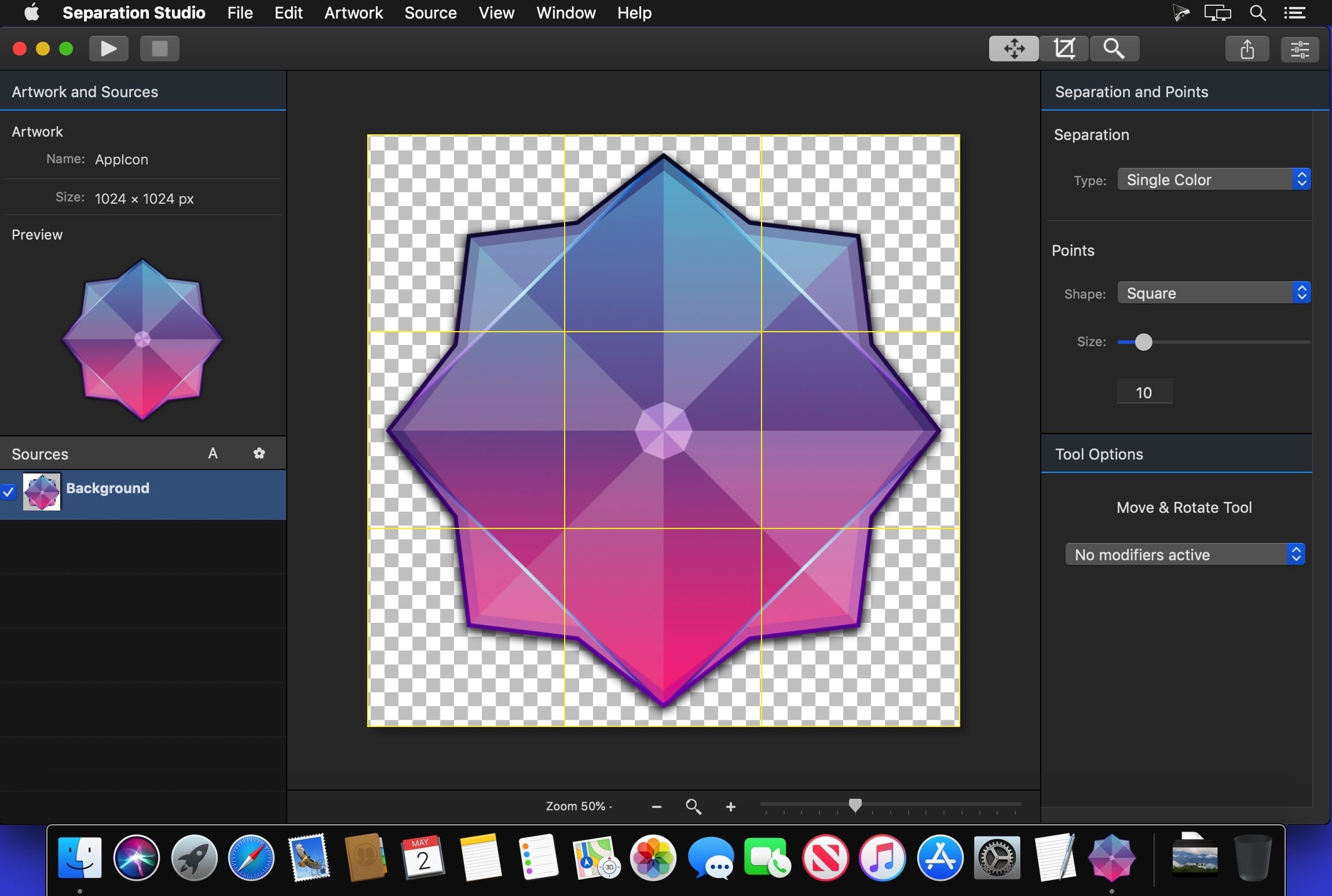
The content of a child’s work suffers when they have difficulty writing, and improving writing ability can improve content. For example, increasing writing speed helped children keep up with the volume of written work at school and improving legibility helps others focus on the content of writing (rather than what it looks like).
#Separation studio 4 $380 how to
to think about the maths equation they are writing down, rather than how to write the numbers and symbols).Ĭhildren who struggle to use the small muscles in their fingers may be reluctant to engage in tasks like cutting or writing, because they get frustrated, tired or fear failure.
#Separation studio 4 $380 free
Children must develop the ability to write easily using tripod grasp, without concentrating on how to form the letters, so that they can free up their minds to focus on the content of what they are writing (e.g.


Until they have developed their fine motors skills, children will find it difficult to learn in other educational areas like mathematics, because this type of learning also requires them to be able to write. Writing and drawingįine motor skills allow children to write, draw and read (because they allow children to turn the pages of books), important skills without which children will struggle to achieve at school.

At school children spend up to 60% of their day performing tasks that involve the use off their fine motor skills. Anything children do with their hands relies on the fine motor muscles and skills. What do children use fine motor skills for?įine motor skills enable effective use of the hand and children rely on fine motors skills to care for themselves, to perform tasks at school and day to day chores like cooking and washing the car. They begin holding objects using their palm (palmar grasps) before they learn to grasp thing with just their fingers (pincer grasps). The larger muscles of the fine motor system typically develop prior to the small ones, for example a baby will learn to make coordinated movements involving the entire hand and wrist (reaching out to grab something), before they begin moving their fingers in a coordinated manner (e.g. Motor skills also develop from the head downwards to the toes, meaning that babies learn to use their hands and fingers before they learn to use their feet and toes. The fine motor system is comprised of the muscles which control the limbs, hands and feet (sometimes called distal muscles). Early gross motor skills allow babies to do things like move around on their belly, crawl and walk. Gross motor abilities are related to the movement of muscles in the centre of the body (sometimes referred to as the proximal muscles) and so begin to develop earlier than fine motor skills. For example, the torso and shoulder stabilise the arm while a child moves their hand and/or fingers while writing.įine motor and gross motor skills typically develop in a sequenced manner, from the midline of the body outwards. The large muscles provide the movement and stability necessary for the performance of many fine movements. The small muscles of the fine motor system work in conjunction with the large muscles of the gross motor system. Using the small muscles of the hands and fingers allows children to control tools and objects with their hands. The fine motor system controls the fine movements of the extremities, including the fingers and toes.įine motor skills are the ability to coordinate the use of these small muscles to manipulate the fingers, hands and arms, and coordinate their movements with what the eye sees (often referred to as hand-eye coordination). The body’s gross motor system controls the large movements of the arms, legs and torso which depend on the development of gross motor skills. As children develop, their movement abilities become increasingly complex, allowing them to perform a wider range of movements and tasks.

Motor skills are movement abilities, that is, the ability to move the body and its parts in different ways for different purposes. Fundamental fine motor movements and grasps.Why is developing fine motor skills important for children?.How to help children develop fine motor skills.How do children develop fine motor skills?.When do children develop fine motor skills?.What do children use fine motor skills for?.


 0 kommentar(er)
0 kommentar(er)
